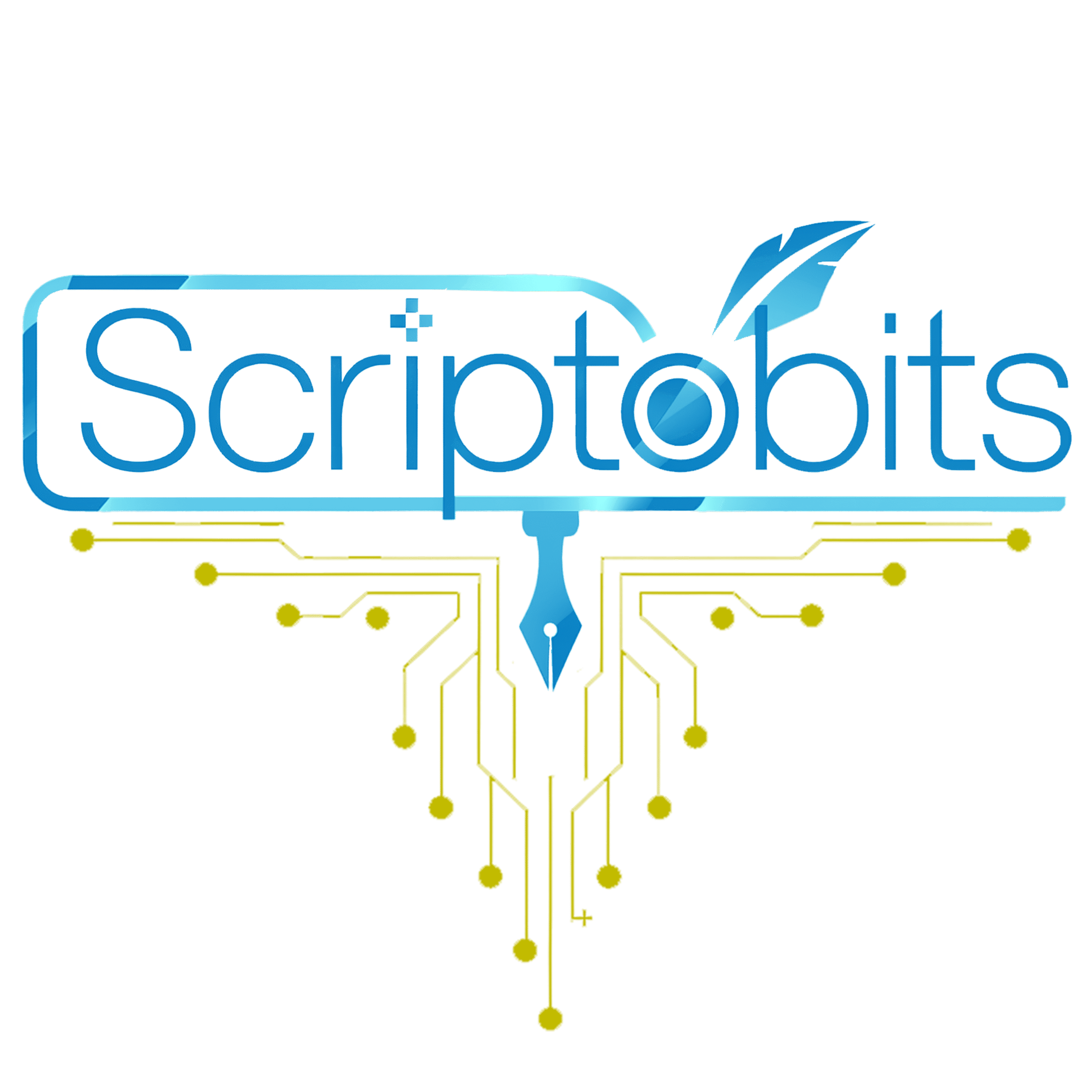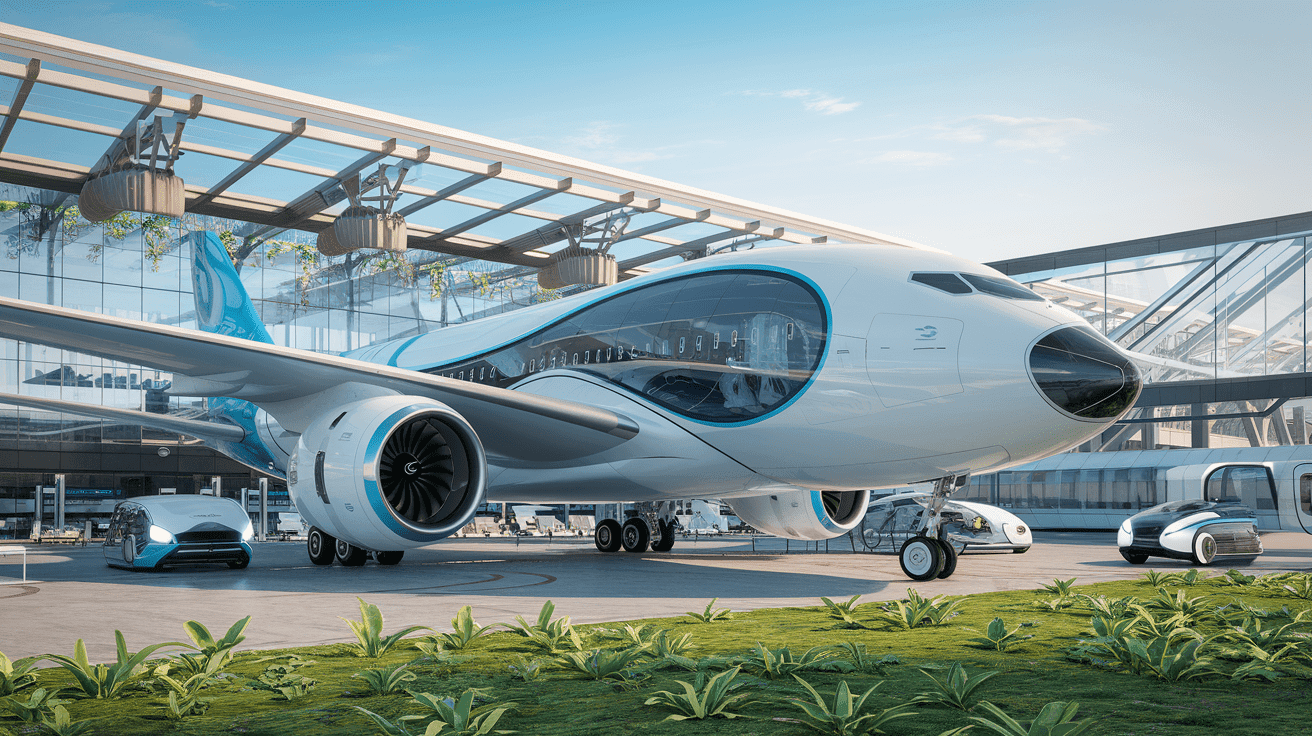The Impact of AI on Music Production: Can Machines Create Better Hits Than Humans?
Music production has always been closely linked to technological advancements. From the invention of the electric guitar to the development of digital synthesizers, technology has consistently influenced how music is created and enjoyed. Recently, the introduction of artificial intelligence (AI) into the music industry has ushered in another wave of change, sparking important debates about the future of creativity. Among these is the question: can AI-powered machines produce better music hits than humans?
This article explores how AI is being integrated into music production, its benefits, limitations, and whether machines could one day rival or surpass human creativity in creating hit songs.
The Emergence of AI in Music Production
The concept of AI in music is not entirely new. As early as the 1950s, researchers were experimenting with computers composing music. However, recent advances in machine learning, deep learning, and neural networks have made AI more sophisticated, allowing it to take a more significant role in music production.
AI in music production can be categorized into several areas:
- AI Composition Tools: These use algorithms to analyze vast libraries of music and generate original compositions. Platforms like OpenAI’s MuseNet and Jukedeck create melodies, harmonies, and even entire tracks based on specific inputs or musical styles.
- AI-Assisted Music Production: Modern producers use AI-powered software for tasks such as sound design, mixing, and mastering. Programs like LANDR and iZotope Ozone utilize machine learning to enhance audio tracks and provide recommendations for improving the final mix.
- Music Recommendation and Personalization: Though not directly involved in creation, AI has revolutionized how music is consumed. Services like Spotify and Apple Music use AI to analyze user preferences and listening habits to suggest new music, influencing how songs are produced and marketed.
- AI in Live Performances: Artists such as Taryn Southern and the band YACHT have incorporated AI-generated compositions into live shows, pushing the boundaries of AI’s role in live music experiences.
Benefits of AI in Music Production
The use of AI in music production offers several clear advantages:
- Speed and Efficiency: AI can generate music at a pace that far outstrips human capabilities. While it may take a human composer days or weeks to create a complex piece, AI can produce multiple tracks in mere minutes. This speed is especially useful in industries requiring background music, such as gaming, advertising, and film.
- Cost Savings: AI tools for music production are more affordable than hiring a full team of musicians, producers, and engineers. For independent artists and small businesses, AI-generated music provides a cost-effective solution.
- Data-Driven Insights: AI can analyze huge datasets of hit songs to identify patterns and trends that appeal to listeners. This information helps producers create music more in line with what’s currently popular.
- Boundless Creativity: AI’s ability to process large amounts of data allows it to combine sounds, styles, and genres in ways that humans might not consider, potentially resulting in innovative and unique music.
- Accessibility: AI democratizes music production by providing high-quality tools to anyone with a computer and internet access, allowing aspiring musicians to create professional-sounding tracks without expensive equipment or extensive training.
Can AI Outshine Humans in Making Hits?
Despite AI’s impressive capabilities in music production, there’s still the question of whether it can surpass humans in creating successful hits. To understand this, we need to explore AI’s limitations.
- Lack of Emotional Depth: Music is deeply emotional, and while AI can analyze patterns in music, it lacks the ability to replicate the emotional experiences that inspire human creativity. Songwriters often draw on personal stories and feelings, which are difficult for AI to mimic.
- Originality and Innovation: AI is excellent at generating music based on existing patterns, but it struggles with true originality. While it can combine elements in new ways, it often relies on existing music structures, limiting its potential for creating groundbreaking or innovative work. Human creativity thrives on intuition, experimentation, and breaking conventions—qualities that are harder for AI to replicate.
- Cultural Context: A hit song often reflects the cultural and social atmosphere of its time, something AI struggles to grasp. For instance, tracks like Bob Dylan’s “Blowin’ in the Wind” or Kendrick Lamar’s “Alright” became hits not only because of their musical elements but also due to their connection to political and cultural moments. AI lacks the awareness needed to tap into these broader contexts.
- Human Connection: A key part of why music resonates with listeners is the personal connection to the artist. Fans are often drawn to the stories and personalities of musicians, something AI-generated music lacks. This absence of a personal narrative could limit the emotional impact of AI-created music.
The Role of AI in Future Music Creation
While AI might not replace human musicians or songwriters, it is becoming a valuable tool in the creative process. Instead of viewing AI as a threat, many artists embrace it as a partner that enhances their creativity.
Artists like Grimes and Taryn Southern openly use AI in their music production, seeing it as a way to push creative boundaries. For example, Grimes has discussed how AI-generated music can take over repetitive tasks, allowing artists to focus more on innovation and emotional expression.
AI is also a learning tool for producers, offering insights from analyzing past hits that can help craft more polished and marketable music. In this way, AI isn’t replacing human creativity but rather augmenting it, opening new avenues for experimentation.
Conclusion: Collaboration Over Competition
AI’s impact on music production is undeniable, but instead of viewing AI as a competitor to human creativity, it’s more productive to see it as a tool that enhances artistic expression. While AI may generate technically proficient music, it still lacks the emotional depth, cultural sensitivity, and innovation that make truly great music.
As AI technology evolves, its role in music production will likely grow. Future collaborations between AI and human musicians could see AI handling technical production tasks while humans focus on crafting meaningful, culturally resonant music.
In summary, AI is unlikely to fully replace human songwriters and producers but will continue to reshape the music industry, offering new possibilities for creativity and innovation.






